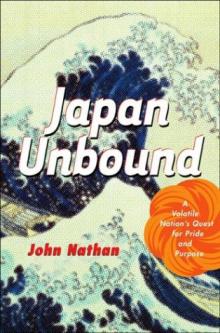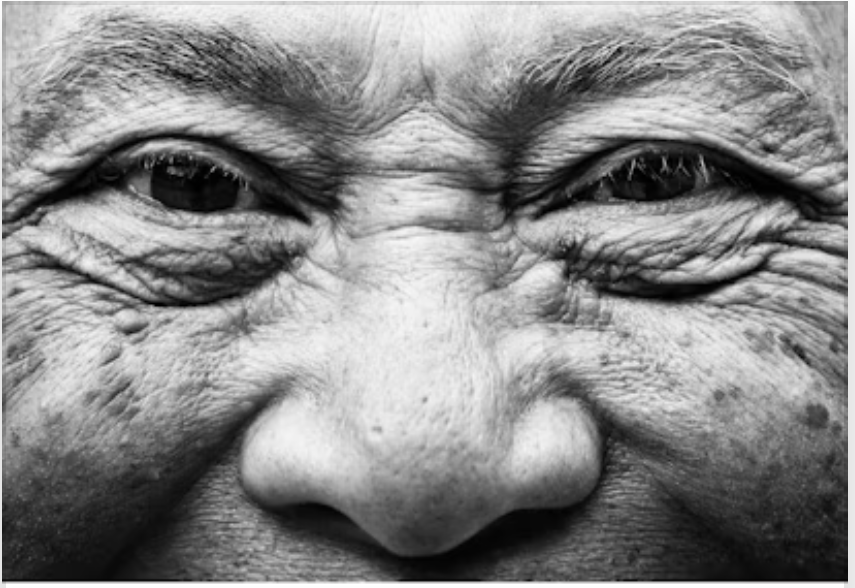

John Nathan has been keeping a scholarly eye on Japan ever since being admitted to the Japanese literature department at the University of Tokyo as an undergraduate in 1963, thus becoming that university's first foreign student of the post-World War II era.
In the 40 years since, Nathan, a professor of East Asian Languages and Cultural Studies at the University of California, Santa Barbara, has watched the miraculous Japanese economic bubble swell to world-leadership proportions in the late 1980s---and then pop with a suddenness that has seemed to suck the life out not just the economy, but also the culture and the people of Japan.
In his latest book, "Japan Unbound: A Volatile Nation's Quest for Pride and Purpose" (Houghton Mifflin), Nathan takes a deep look at the economic and cultural malaise that has gripped Japan since the fall of the Tokyo Stock Market in September of 1990 and given rise to what he calls a cultural identity crisis.
"It's kind of a portrait of contemporary Japanese society in the midst of convulsive and radical change," says Nathan.
"Notably since the ‘90s, when the economy crashed, I think the Japanese are framing very troubling questions for themselves: Who are we? What does it really mean to be Japanese?
What is a viable role for Japan in the modern world?"
The changes Nathan talks about are pervasive.
And there are potential repercussions for Japanese-American relations.
The Japanese schools system, for example---once a showcase of student courtesy---is currently rife with disruptive misbehavior.
Some teachers even fear for their lives.
The divorce rate is soaring, leading to widespread breakdown of the traditional Japanese family.
Japanese corporate structure, once a second family to many Japanese, is being redesigned.
Gone are corporate guarantees of lifetime employment and benefits for loyal workers.
Instead, downsizing and layoffs have been the order of the day leading to a lack of confidence in the Japanese economy.
If disobedient children, broken families and a fractured economy are symptoms of the problem, many Japanese see renewed Japanese nationalism as a cure, Nathan says.
Many feel betrayed by the American model of doing business and likewise feel confined by a constitution forced on them by American General Douglas MacArthur at the conclusion of World War II.
So while some say Japan and the United States have a wealth of common ground, Nathan says the Japanese don't necessarily see it that way.
They feel Japan has been the junior partner in American-Japanese relations.
And some Japanese feel the country should turn towards China for future economic alliances and growth.
To that end, he notes, more Japanese college students are studying Chinese languages than ever before.



